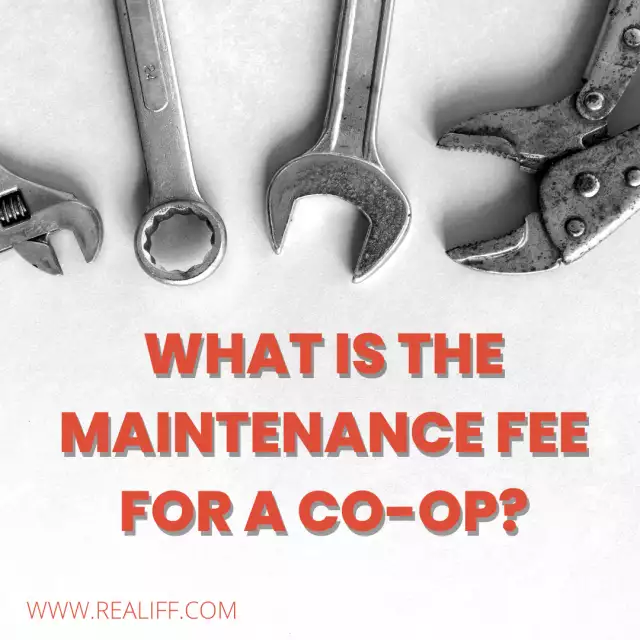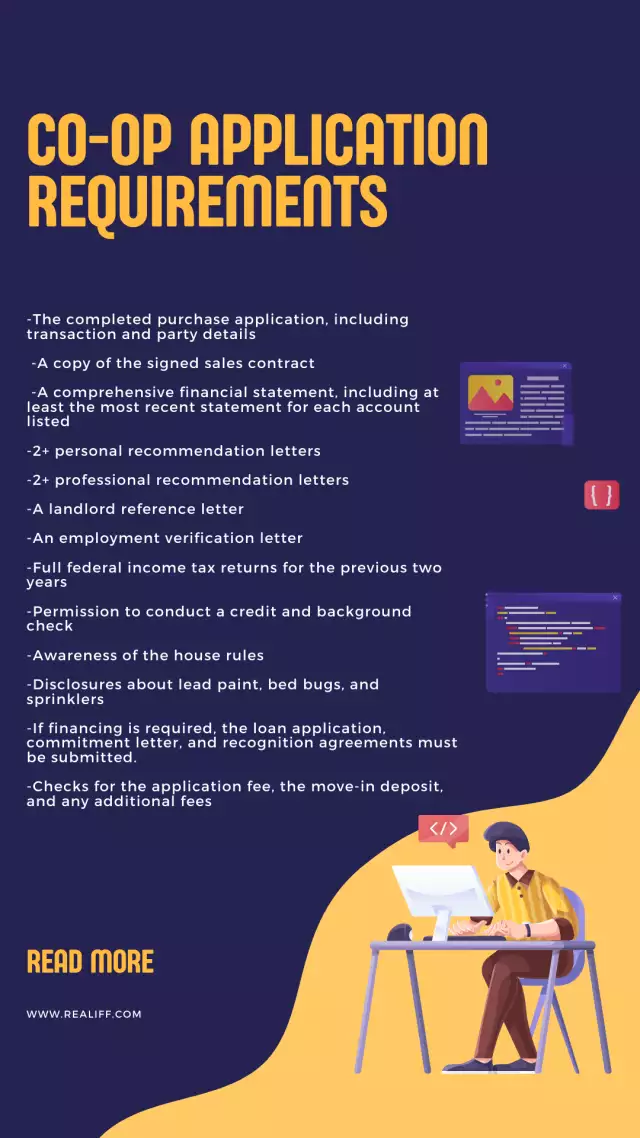What is the approval procedure for the co-op board?
Almost every co-oprequires at least a 20% down payment. Some people take down payments to the extreme, effectively allowing only cash purchases. Even if you have a lot of cash, you still need a good debt-to-income ratio (or "DTI"). This is how the board assesses your ability to pay your monthly bills. They will total all of your monthly payments and divide the total by your monthly income.
Typically, your monthly payments will consist of your mortgageplus maintenance, but if you have student debt, a car lease, or other obligations, those will also be included.
Most co-ops want that figure to be less than 30% or even 25%. If it's higher, some buildings might still let you buy if you put a year or two's worth of maintenance payments in escrow at closing. This is frequently considered for people who have a large number of assets but little income.
"Post-closing liquidity" is the final metric. Simply put, this is the number of months of payments you'll have in cash, stocks, and any other liquid assets after you close. Anything you shouldn't be selling (like retirement savings) or that is difficult to sell (like real estate) is unlikely to be considered. The majority of buildings prefer to see 12 to 24 months of post-closing liquidity.
Co-ops have strict financial requirements to avoid being forced to sell. If someone saves up to buy the most expensive apartment possible and then loses their job the day after closing, they'll have to sell. That is a bad outcome for everyone involved, including the buyer, other shareholders, and the board.






